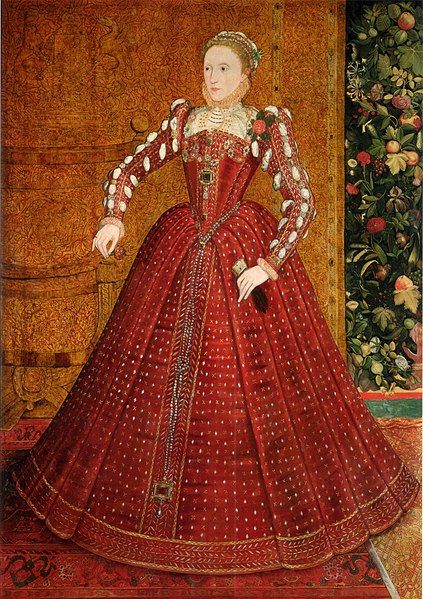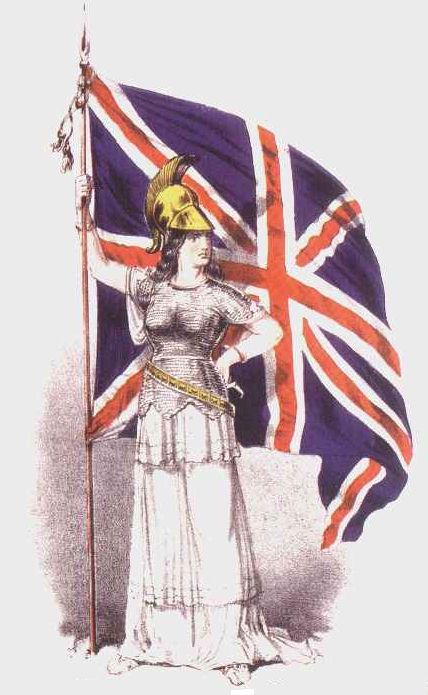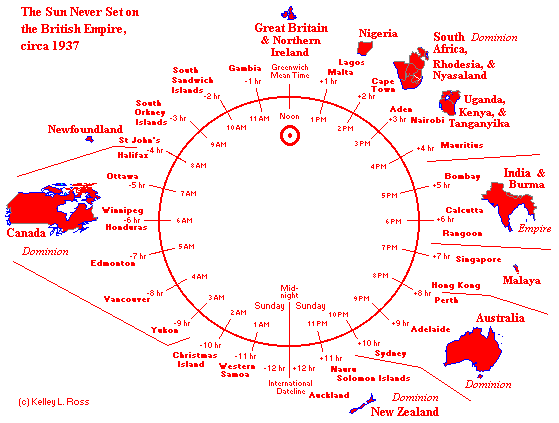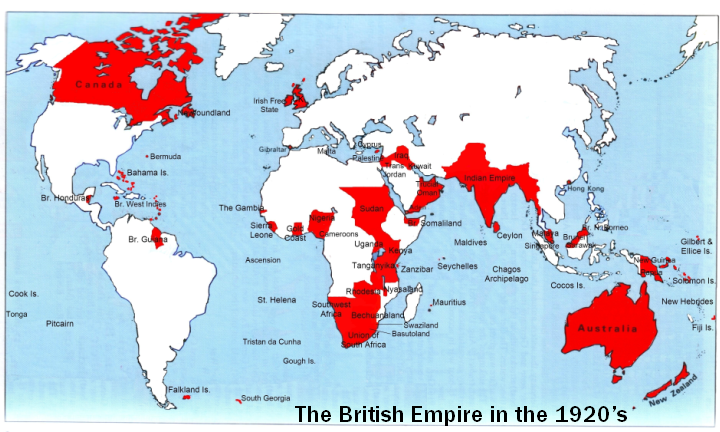 On April 14, 1856 President Abraham Lincoln inaugurated the "Secret Service" (Curiously, the same day that he was killed) which main function was related to prevent and investigate financial crimes but "after the assassination of President William McKinley in 1901, Congress directed the Secret Service to protect the President of the United States" (Secret Service Official Webpage) Nowadays, this agency is responsible of "the protection of the president of the USA, the vice president, the president-elect, the vice president-elect and their immediate families" among other duties.
On April 14, 1856 President Abraham Lincoln inaugurated the "Secret Service" (Curiously, the same day that he was killed) which main function was related to prevent and investigate financial crimes but "after the assassination of President William McKinley in 1901, Congress directed the Secret Service to protect the President of the United States" (Secret Service Official Webpage) Nowadays, this agency is responsible of "the protection of the president of the USA, the vice president, the president-elect, the vice president-elect and their immediate families" among other duties. Great Britain has not lagged far behind in protecting its state leaders since it has an organism which fulfills this duty: the "Protection Command". This is part of the Metropolitan Police and it's divided into 3 branches
Great Britain has not lagged far behind in protecting its state leaders since it has an organism which fulfills this duty: the "Protection Command". This is part of the Metropolitan Police and it's divided into 3 branches-SO1 Specialist Protection
-SO6 Diplomatic Protection Group
-SO14 Royalty Protection
SO14 is in charge of the "personal protection for the Royal Family, both nationally and internationally, protecting Royal residences in London, Windsor and Scotland, protecting members of the public who visit Royal residences" (Metropolitan Police Webpage) This organism is not as popular as the American Secret Service but both have the same function: providing protection for their state leaders.

 Even though these
organizations are relatively "new", providing protection for
government leaders is a very important concern even from old times. In fact, the Queen Elizabeth I of England had her own network of spies whose responsibility was safeguard her life. This was coordinated by Francis Walsingham, her most loyal minister. He discovered a
series of plots against the queen and that allowed her to be safe and sound
even until she died in 1603.
Even though these
organizations are relatively "new", providing protection for
government leaders is a very important concern even from old times. In fact, the Queen Elizabeth I of England had her own network of spies whose responsibility was safeguard her life. This was coordinated by Francis Walsingham, her most loyal minister. He discovered a
series of plots against the queen and that allowed her to be safe and sound
even until she died in 1603.The importance of having this network lies in considering the facts surrounded Elizabeth's times: She was protestant and became queen in 1558 after Mary I whose sobriquet was “Bloody Mary” because she spearheaded the persecution against Protestants which leaded to kill hundreds, exile many others and imprison some others, even her own half- sister Elizabeth. The bigotry and persecution continued after Mary’s death, this time, directly from European countries influenced by Catholic Church such as Spain and France (which was very "famous" by that time because the St. Bartholomew's Day massacre (LINK) which took place in 1572 in Paris where thousands of French Protestants called "Huguenots" were assassinated)
Walsingham wasn’t chosen
at random: he had studied as a lawyer and was an intelligent, serious, quick-witted,
ruthless and disciplined person. This "master spy" held strong Protestant beliefs; indeed, he had
been living in exile in France during Mary I’s reign. His loyalty to Elizabeth and determination to protect the country's Protestant faith were absolute.
As part of his strategies, Walsingham established a spy school in order to train people in cracking and using different types of codes. He also posted spies in foreign countries and inside England so he was able to figure out the different lines of communication between Catholics in the Island and those in the rest of Europe. The life of a spy was something difficult to deal with but they must be professionals in any situation: Mistakes were unthinkable.
As part of his strategies, Walsingham established a spy school in order to train people in cracking and using different types of codes. He also posted spies in foreign countries and inside England so he was able to figure out the different lines of communication between Catholics in the Island and those in the rest of Europe. The life of a spy was something difficult to deal with but they must be professionals in any situation: Mistakes were unthinkable.
One of his most
important achievements was to dig up a conspiracy planned by Mary Queen of Scots who was Elizabeth’s cousin and at the same time her most important enemy
inside England. This betrayal was known as “The Babington plot” (LINK) Walsingham got
enough evidence, including the name of the conspirators, by intercepting Mary's
personal mail and breaking its code. All of them were arrested and executed,
even Mary.
There are more things
related to the world of spies in those times such as how they were rewarded, what
their services implied or the real confidence between Elizabeth and Walsingham… Do you want to know more about this? Just click here!Here some questions before leaving: Is it really possible to trust in somebody when you are occupying such an important position? Have the conspirations and betrayals finished among the politicians? Feel free to comment!



.gif)













